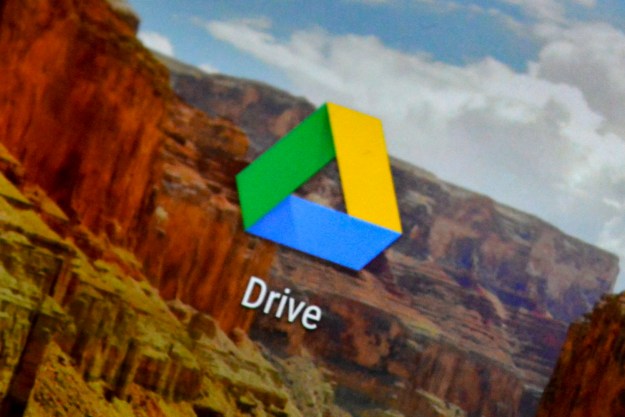 Google’s insatiable appetite for expansion is well documented and increasingly worrisome to those who doubt the company’s genuine commitment to its adopted motto “don’t be evil.” In case you need reminding, Google currently has dozens of tech ventures that include an e-mail service, online advertising, a Web browser, an Internet mapping service, a mobile operating system, office software applications, and not to mention an effort to become the world’s largest library.
Google’s insatiable appetite for expansion is well documented and increasingly worrisome to those who doubt the company’s genuine commitment to its adopted motto “don’t be evil.” In case you need reminding, Google currently has dozens of tech ventures that include an e-mail service, online advertising, a Web browser, an Internet mapping service, a mobile operating system, office software applications, and not to mention an effort to become the world’s largest library.
In a recent column, Washington Post writer Steven Pearlstein suggests that Google’s dominance in the tech world is ipso facto not a good thing and that the federal government should work to curb Google’s expansion into new technology sectors.
“Where I have a problem,” Pearlstein says, “is in allowing Google to buy its way into new markets and new technologies, particularly when the firms being bought already have a dominant position in their respective market niches.”
Google can use its vast riches to easily bully its way into new markets wherever it sees fit. The question, Pearlstein asks, is whether or not Google is buying companies to simply derail competition. Pearlstein suggests that Google may buy companies in markets not only to prevent smaller companies from growing into competitors, but as a means to preempt established competitors from making strategic acquisitions themselves thus becoming a greater challenger to Google’s dominance. Pearlstein says that’s not only bad for competition, but also bad for creative innovation in the tech industry.
According to Pearlstein, the failure of antiquated antitrust laws to be successfully applied to the economics of the tech industry is, in large, part responsible for Google’s ability to spread so quickly and so easily into new tech markets. In a blog post (posted through Google’s own blogging service), Google’s Deputy Council Don Harrison, takes issue with the suggestion that it is not operating within the spirit of antitrust laws:
Antitrust law is designed to protect consumers, not competitors, and our acquisitions have created great things for consumers. Our 2004 acquisition of Keyhole led to Google Earth, which for the first time provided free satellite imagery for consumers. Our 2005 acquisition of a small company called Android–and our investment in the technology that Andy Rubin was developing–later led to the creation of the Android mobile operating system, which has injected more competition and openness into the smartphone space.
Pearlstein admits that it won’t be easy for regulators to mount a challenge against Google, but that it may well worth the effort in the pursuit of continued innovation in the technology industry. “Aggressive enforcement of the antitrust laws has been a crucial part of the history of technological innovation in this country,” Pearlstein writes, “enforcement that allowed AT&T to be supplanted by IBM, IBM by Microsoft and Microsoft by Google.”
Editors' Recommendations
- How to delete Google Chrome on Windows and Mac
- Google’s AI just got ears
- How to create folders and move files in Google Drive
- How to download files from Google Drive
- Google’s Incognito Mode is in trouble


